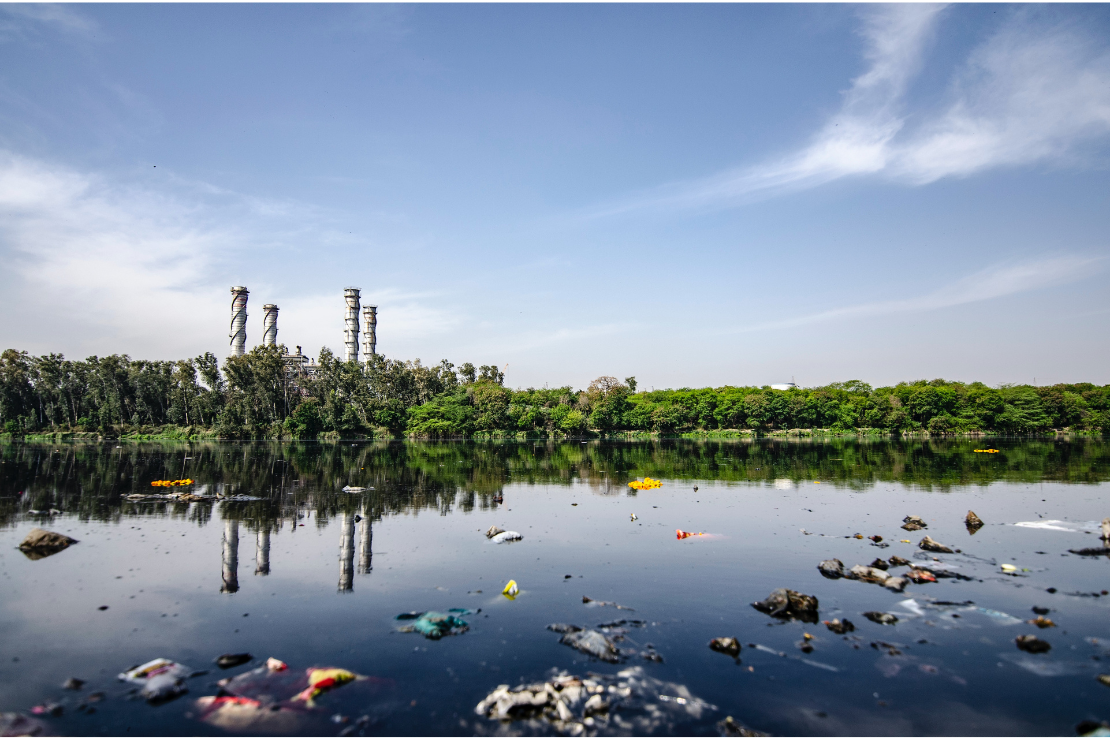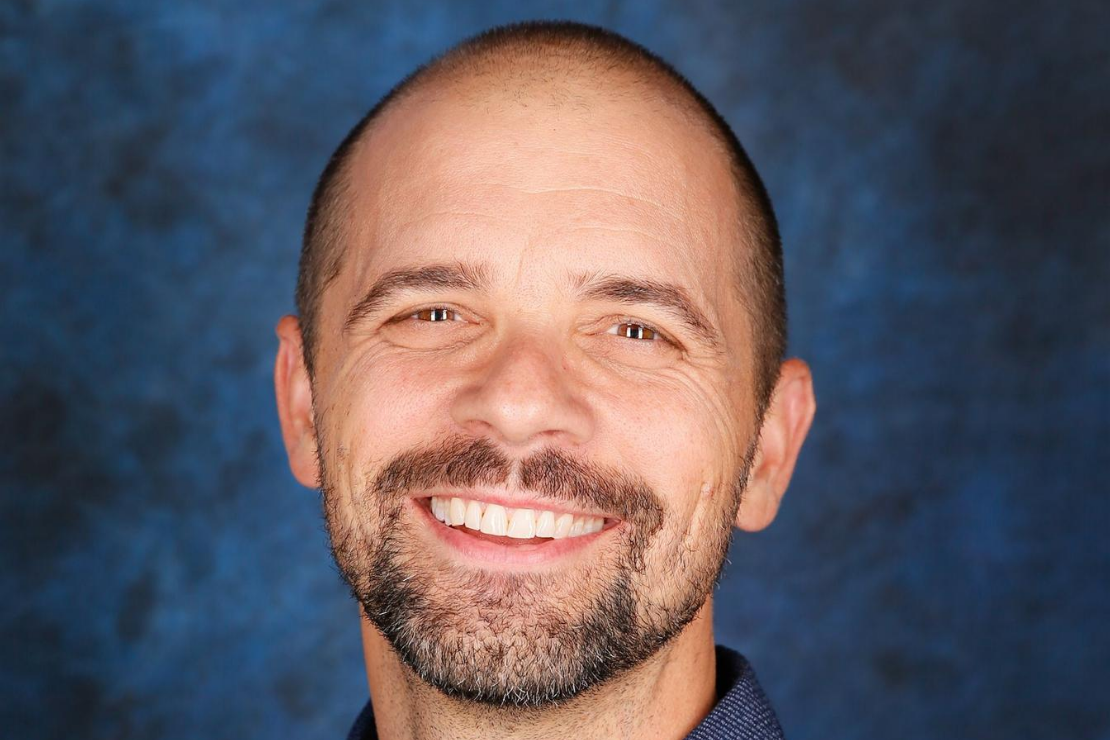Techstars Sustainability Summit: Charting a New Course in Sustainability Investment
May 03, 2021

By Cody Simms, Techstars Senior Vice President of Climate and Sustainability
Techstars CEO Maëlle Gavet said something during her keynote address to open the inaugural Techstars Sustainability Summit that perfectly encapsulated the reasons why we brought together more than 1,500 founders, investors, corporate executives, and subject matter experts from across the climate and sustainability ecosystem for this day long event.
“Entrepreneurship matters most in the face of really tough challenges, and halting climate change is one of, if not the, biggest challenges the world faces today,” she said. “Entrepreneurs are applying technologies in the physical and the digital worlds to come up with solutions that will make big differences for our planet and are great businesses. They’re having a positive impact from both a climate change perspective and a financial perspective.”
To say the turnout and engagement exceeded our expectations is a vast understatement. We originally anticipated about 500 attendees for the April 15 virtual summit. As I mentioned earlier, the actual attendance figure was more than three times larger.
I hope that fills you with the same feelings of optimism and drive that I felt (and still feel!) after the day ended, because as Nicole Systrom of The Sutro Energy Group, Activate and Prime Coalition pointed out during our discussion, the need for the global investment and business communities to support entrepreneurs dedicated to fighting climate change is immediate.
“[Depending on the analysts you talk to], there’s an investment gap of between one and several trillion dollars per year that as a global community we need to step up and fill if we're going to go through the transition we need to make,” she added. “There's so much room for more assets to come into this space. A lot more money is needed and a lot more voices need to be heard.”
During the summit, we introduced attendees to dozens of founders who are making remarkable progress in raising awareness and convincing investors to fill the gap Nicole described. They included the 15 startups who are the finalists for The Techstars Sustainability Challenge.
These companies are developing innovative products and services that will help corporations improve their supply chain sustainability and reduce materials waste. (Scroll down to see the complete list.)
For example, Pixxel is one of the finalists in the Data & Automation category. The company is building a constellation of hyperspectral Earth-imaging satellites to beam down high-quality imagery that will help us build a health monitor for the planet by detecting, monitoring, and predicting environmental phenomena critical to the health of our planet.
Chicago-based Rheaply, a finalist in the Materials & End-of-life category, provided attendees with a demo of its resource management and exchange platform that to date has recaptured over $1.6 million in asset value, created a network of 5,000+ users, and diverted 14.5 metric tons of waste from landfills.
The founders of our 15 Techstars Sustainability Challenge finalists represent a diverse group of people from around the world. And as Maëlle reminded everyone, promoting diversity is critical to accelerating the development of the sustainability solutions the global business community needs.
“Although female-founded or cofounded startups receive less than half of the investments than those founded by all-male teams, on average they generate more revenue per startup,” she said. “Research also shows ethnically diverse founding teams returned 30% more capital to investors than non-diverse teams. Despite these very clear performance results, not enough people are investing in these underrepresented founders.”
The reveal of the Techstars Sustainability Challenge finalists and Maëlle and Nicole’s keynote sessions are but a few of the highlights from the day long Techstars Sustainability Summit.
Techstars portfolio companies Overstory.ai, Nori, Craste, IXON Food Technology, and Material Evolution provided demos of their solutions, and several founders who have successfully navigated collaborative corporate relationships told their stories and provided advice to their fellow founders. We also held several breakout sessions on topics such as how effective collaboration among startups and incumbent organizations can speed the product development process.
I am so grateful to the members of the global startup and innovation community who joined us in such large numbers to make our first-ever Techstars Sustainability Summit such a success. Together we’re raising global awareness of the critical role technology entrepreneurs must play in creating a more sustainable world.
To borrow from what Maëlle said during our discussion, entrepreneurs set bold visions and act with conviction to change our collective mind about what’s possible. And we need that now more than ever.
Follow this link to the schedule of all the speakers, demos and breakout sessions, and you can watch replays on the Techstars YouTube channel.
Techstars Sustainability Challenge: Supply Chain Finalists
BioElements: a Chilean start-up dedicated to the manufacture and sale of biodegradable packaging products, which are substitutes for plastic.
Breeze Technologies: a technology leader for air quality sensors, air quality data and air quality analytics software. The company leverages the internet of things and artificial intelligence to help cities and businesses create better clean air action plans and a more liveable environment.
Crowdz: developer of an invoicing platform that automates product search and sourcing, accelerates commercial transactions and streamlines predictive-data analytics to provide small and midsize businesses with a new approach of business financing to help them compete locally and globally.
Daika Wood: developer of a natural, wood-based raw material intended to help in the industrial digital production of industrial and household products. The company's raw materials preserve the natural properties of wood and are 100% biodegradable.
FixFirst: the company describes its AI-first software platform as the “operating system for repair & maintenance in a circular economy” that will accelerate the transition to a world where fixing products comes before purchasing new ones.
geoFluxus: created a series of algorithms that assesses the environmental impact of waste materials and their potential for reuse. After working with government agencies on policy assessments over the last four years, the company aims to bring its expertise to the private sector.
Imprint Energy: provides trusted, safe, and high-performance zinc batteries that power smart label data loggers and asset trackers to provide supply chain insights, security, and optimization. The company has developed a green, safe, and non-toxic zinc battery chemistry in a thin and flexible form factor that can be manufactured in enormous volumes.
ISeeChange: provides communities with equitable, iterative ways to personalize, measure, and track climate change impacts to provide an understanding of the impacts on daily life.
measur.io: the company’s Earthstream® Platform uses automated machine learning (AutoML) and artificial intelligence (AI) to solve global climate and environmental problems. Advanced risk modeling provides real-time actionable data to support operators, enterprise providers, and researchers.
Pixxel: building a constellation of hyperspectral Earth-imaging satellites to beam down high-quality imagery that will help us build a health monitor for the planet by detecting, monitoring, and predicting environmental phenomena critical to the health of our planet.
PlanA.Earth: developer of software that blends carbon accounting methodologies and machine learning to help businesses calculate, monitor, and report on Scope 1, 2, and 3 emissions accurately, efficiently, and in line with key reporting frameworks.
POINT380: a software and services company that enables organizations to measure, manage, and eliminate emissions from their supply chain, operations, and products. Its customer base spans every industry and includes many Fortune 100/500 companies.
Project Canary: uses science, technology and data to sustain and enhance the “social license to operate” for natural gas producers, transporters, and consumers. The company’s proprietary air monitoring devices ingest data from various sources to calculate carbon emissions from facilities in real-time.
Rheaply: developer of a resource management and exchange platform that to date has recaptured over $1.6 million in asset value, created a network of 5,000+ users, and diverted 14.5 metric tons of waste from landfills.
UBQ Materials: converts unsorted household waste into a patented climate positive material. UBQ substitutes plastics in production of everyday items, enabling manufacturers to make a positive impact without compromising profitability.
About the Author

Cody Simms
Cody Simms resides in Los Angeles and is Senior Vice President of Climate & Sustainability at Techstars. Previously, Cody held roles including Chief Product Officer at StumbleUpon, Vice President of Product Management at Yahoo, and Product Manager at The New York Times, Sprint, and NBC Internet. Cody recently cofounded Climate Changemakers, a nonpartisan community action network. Cody holds an M.A. in Transnational Communication and Global Media from Goldsmiths College, University of London.
